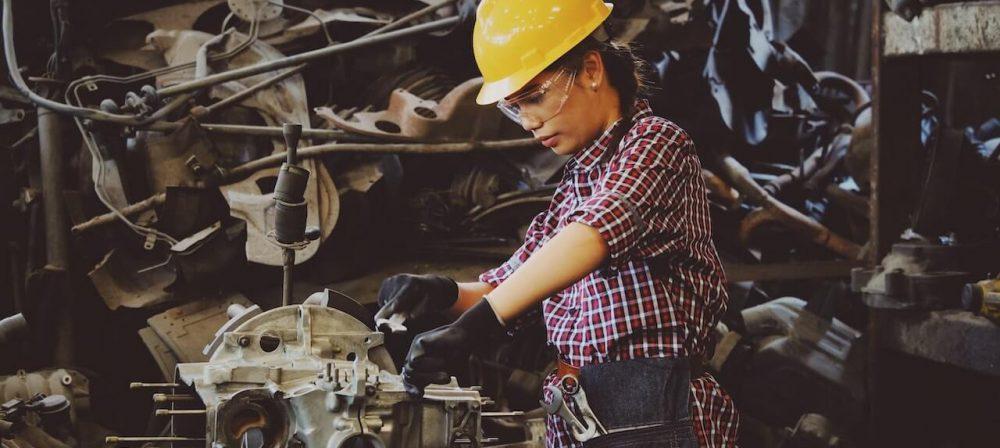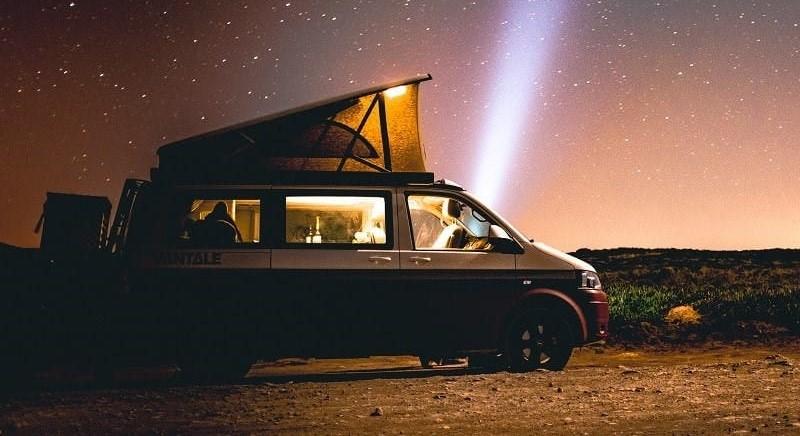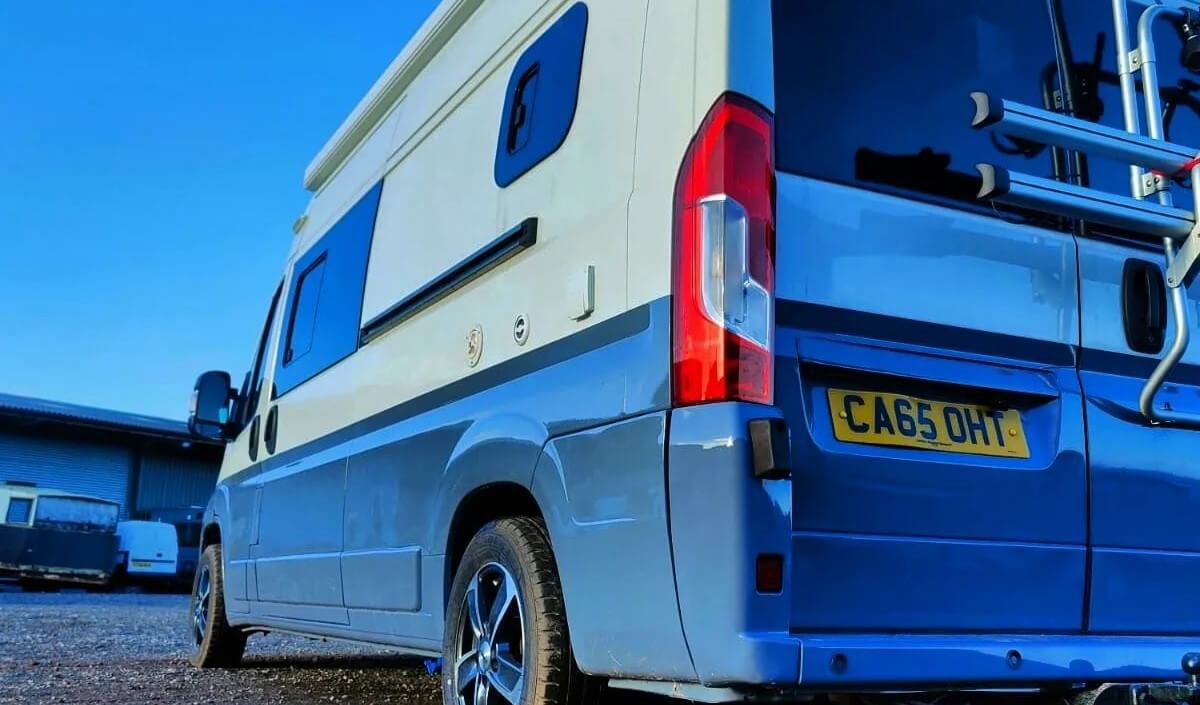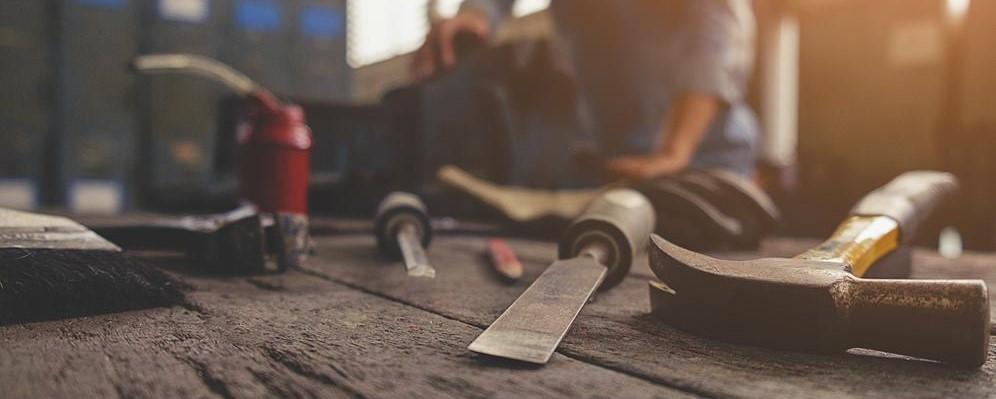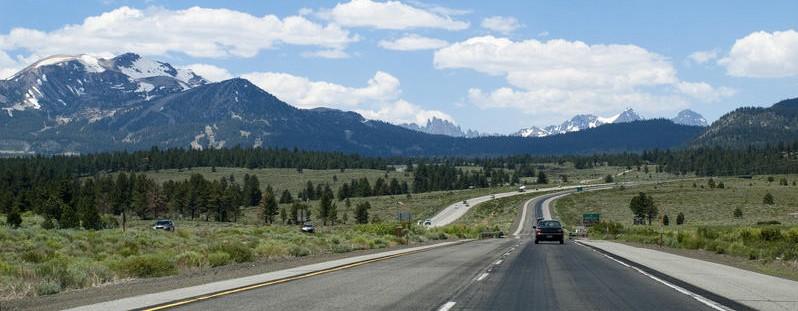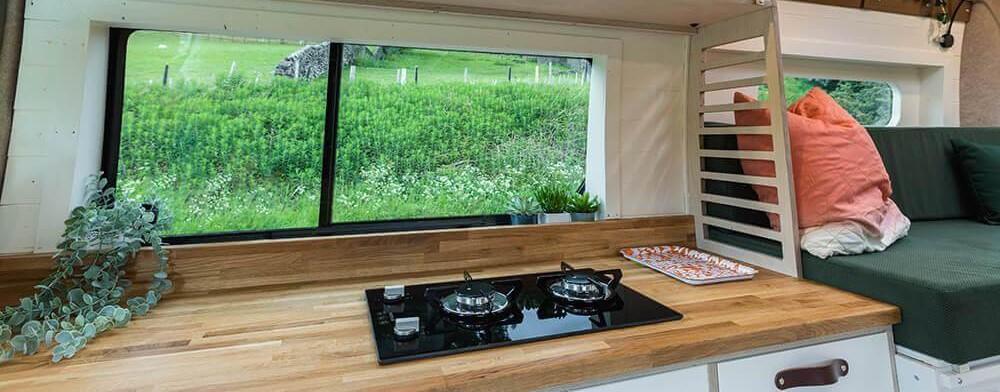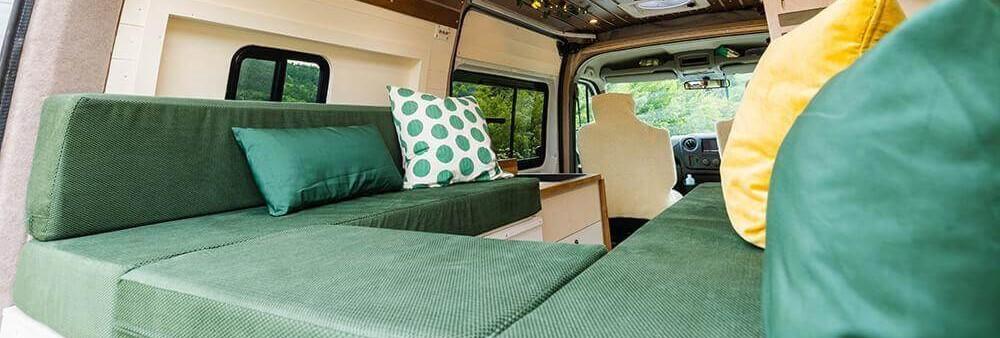Deciding to convert a van into a campervan is an exciting time! There are so many benefits to converting a van, including exercising your freedom, meeting like-minded campers along the way and having a vehicle that suits your lifestyle.
But picking a converter isn’t a decision you should take lightly; you need to ensure you get a converter that can deliver the van of your dreams.
Fortunately, we have plenty of experience converting vans over the years, so we’re in a pretty good place to advise you what to look for. Here are our top tips for picking a campervan converter:
1. Check their reviews
When browsing for a converter, we stress that you always check their reviews. There’s nothing more concrete than customer reviews. After all, you’re hearing from people who have used the service.
Try to read between the lines and have legitimacy in mind. If a company’s last review was four years ago that would ring alarm bells. Likewise, having ten five-star reviews with no written feedback or images would raise suspicion. You’ll usually be able to tell who’s legitimate and who isn’t.
2. Look at their previous work
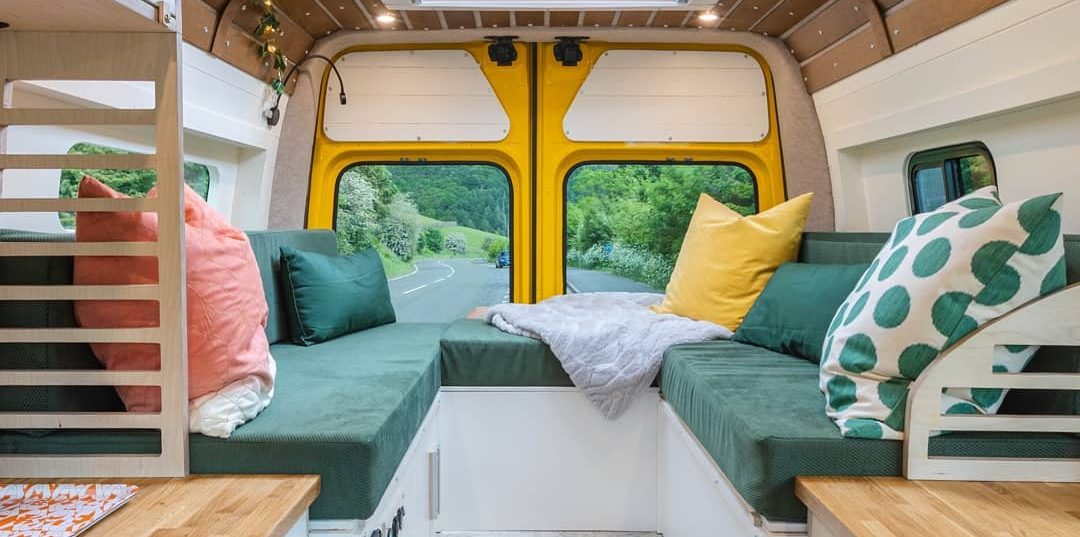
Any campervan converter worth considering will have a portfolio of work you can look at to get an idea of how well-presented their conversions are. You can usually find it on their website, but if they don’t have a site, you can have a look on their social media or Quirky Converters page. We have a gallery with some of our latest conversions.
3. Visit their social media pages
While you probably won’t find anything significant on a company’s social media page, it’s good to know they’re active. It at least shows you that they’re a legitimate business, and you can usually see reviews on Facebook pages, as well as any work they’ve done or content they like to post. See what the company has been posting recently and get to know the brand.
4. Are they Quirky registered?
Another way to check whether a converter is legitimate is to check the Quirky Campers converters directory. The converters directory shows companies that either have a listing on the site or are Quirky-approved.
Being Quirky Approved is a paid service, so you can be certain that these converters are trustworthy and legitimate. You’ll also find details about the price and be able to view the converter’s work. You can view our Quirky Converters page to find out more.
5. Understand what you want from the build
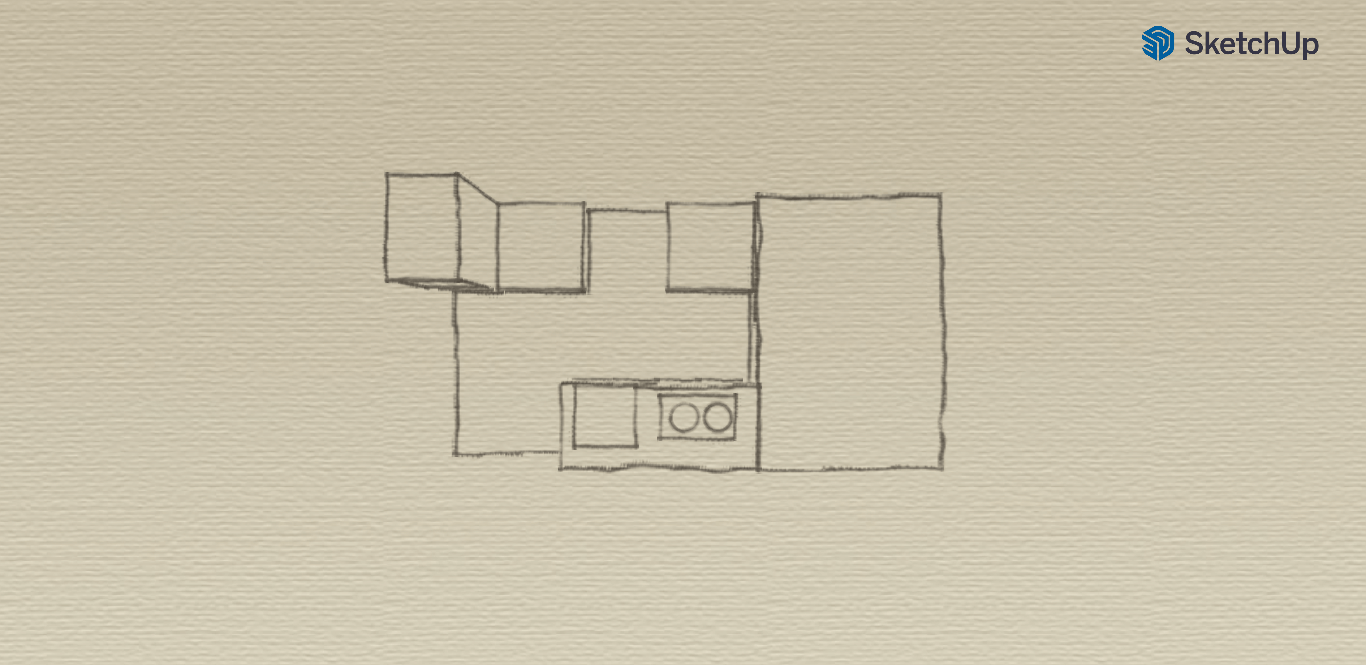
Before you commission any van build, you need to know what you want to achieve. You don’t necessarily have to know exactly what you want when you reach out to a converter as they can help you decide.
But you need to know before they start to do any work on your van. If you and your converter aren’t clear, then you could end up with something you don’t want, and an unwanted bill on top. It’s best to get everything in writing and signed off, then nobody is going to end up disappointed.
6. Check if their service offering matches what you want
All converters aren’t the same. Each converter will have a particular set of skills that makes their vans unique. Whether that’s experience in a particular field like design, or a diverse set of packages.
For example, our Bhode One and Bhode Two builds give you the option to keep costs down as we standardise the parts while giving you creative freedom with styling and finishes. Contrast that to our bespoke builds, that give you complete creative control.
Some converters specialise in certain tasks, like pop-top roofs or working with specific vans like the Volkswagen T3. Check that what you want matches up with their service offering, so you can get the best converter for your project.
7. Look for prices in advance
If you don’t have a budget in mind, we’d advise you to do your best to get a figure. Even if money isn’t a problem for you, it’s still good to have an idea. The last thing you want is to get a proposal that doesn’t match the price you want to pay.
Once you have a budget in mind, you can start to look for a converter that can work with it. It’s always better if a converter can give a ballpark figure, so keep an eye out. It can be difficult for converters to give a price if your project is bespoke, so consider the complexity of your project.
Blog: How much does it cost to convert a campervan?
8. Ask them how they communicate
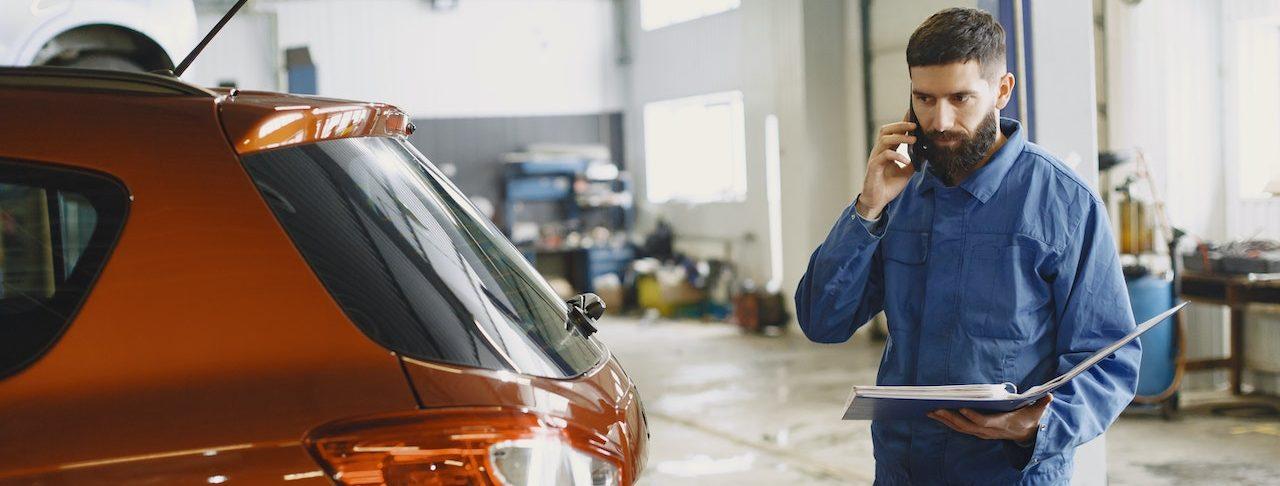
A good converter will be open to using your style of communication. Some people are happy with a few photos every now and again, while other people prefer email updates or weekly phone calls.
Either way, communication should be a priority for your converter, and if they try to dodge questions about communication, that’s a bad sign. You could even ask for some examples of how they communicate, a trustworthy converter will be happy to oblige.
9. Get a clear idea of the process
Getting a solid understanding of the process is one of the key considerations when undertaking a van conversion. If you don’t know what’s happening over the duration of the conversion, you’re going to end up confused and stressed. A converter having a good line of communication will help to alleviate the stress, but you still need to know what the process is before the build.
This will involve things like the timeline, duration of the build, any input needed from you, communication frequency, deposits, paperwork, guarantees and warranties, and final bills. Anything you feel you need to know that will happen over the course of your build. A good converter will be able to explain the process with ease.
10. Evaluate their qualifications and experience

The more qualifications, the better! Our key considerations would be anything to do with gas and electricity, as any problems with them could cause serious damage to you and your van. But you can also look out for other skills like plumbing, joinery or mechanics.
Pay attention to what they did in their previous job as well. For example, someone who’s worked in the creative industry as a designer will probably have a flair for the interior design of your van.
11. Ask yourself if location matters
While it’s more convenient to have a converter that’s close to where you live, it’s not always the best option. If you don’t have the right feeling about that converter, it’s probably best not to go with them and look further afield.
With the introduction of WhatsApp, email, and video calling, it’s easy to keep track of what’s happening with your conversion. You’ll need to ensure you get a converter that’s a good communicator, you don’t want to be left wondering what’s happening for weeks. Reviews will usually give some indication of communication.
12. Check your timelines match
There’s nothing worse than finding a converter you love, only to discover that they can’t carry out the work on your timeline. If you check a converter’s Quirky Converter page, they’ll usually give you an indication of when they’re available. Always make sure you ask about timelines early on, that way you won’t end up disappointed.
13. Ensure your converter is budget-conscious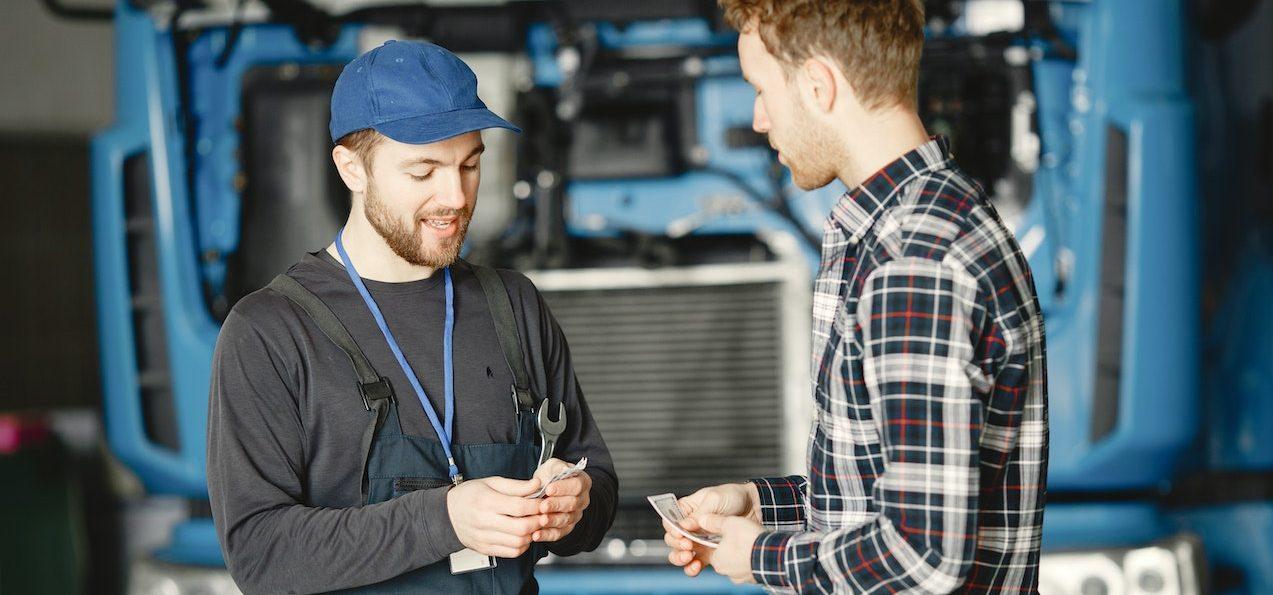
There’s nothing worse than commissioning a build on a budget only to find out your converter hasn’t priced things properly, which results in additional costs. Most people are working to a particular budget, and you need a converter that can stick to it. That’s why we offer our signature package at £21,999 – so you don’t get any unwanted extra costs.
14. Talk to a few converters before you commit
As with any purchase, it’s worth shopping around before you commit to anything. You wouldn’t walk into the first car dealership you see and buy the first car they offer you, and van conversions are no different.
Get a feel for the company and whether you think they can deliver what you require. It’s more than likely you’ll get a feel for the right place, but make sure you have answers to all the questions you need to ask before you commission your build.
15. Ask about any guarantees or warranties
When you’re spending such a large amount of money on a conversion, it helps to have some peace of mind should something go wrong after you receive your van. You don’t want to be left thousands out of pocket and must have more work done to your van.
When it comes to warranties and guarantees, the more protection the better! Be sure to read the fine print and get as much information from your converter as possible.
16. Get a converter that knows the law
When converting a van, you need to ensure it meets the requirements set out by the DVLA. Now, if a converter’s reviews are good this would indicate that they know how to convert a van that’s roadworthy. But it’s always worth asking the question. There’s nothing worse than receiving your van, only to find out you can’t drive it!
17. And finally… Trust your intuition!
As with most things, we always advise people to trust their intuition. If something doesn’t feel right, it’s probably best not to go with it. If you do all the relevant research and get a good feeling about a converter, go for it!
Are you ready to start your conversion?
There’s only so much research you can do before you have to take the plunge. And if you follow this list, we think you’ll be able to pick a suitable converter for your dream van. Submit an enquiry below and we’ll kickstart your journey!

